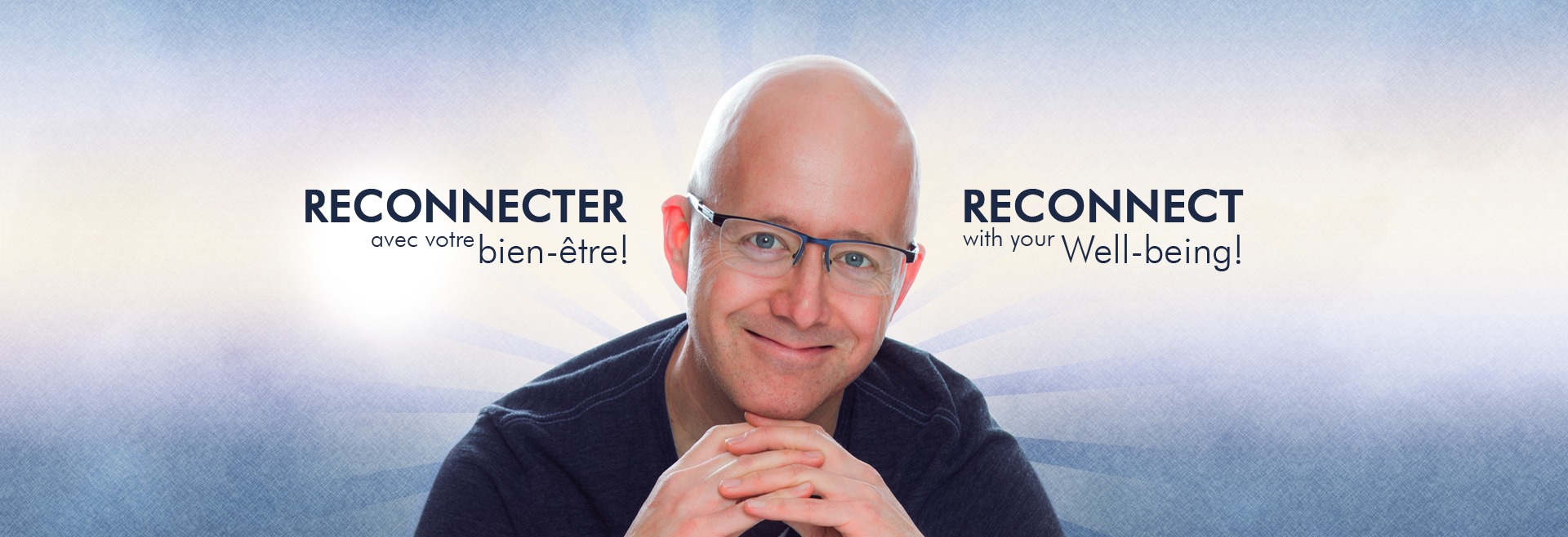Parent coaching…
Helping Parents to:
- Better understand the tug between needs, stress, and behaviors.
- Develop healthy co-regulation skills.
- Develop a healthy attachment bond with their children.
- Create a safe family setting that fosters autonomy.
- Model positive self-care and ways to address emotions.
- Communicate needs and feelings empathically.
- Nurture mutual trust, respect and cooperation.

Visit Website
Parent Coaching: The Family Nest; Learning to Bond
Confidence and self-esteem are nurtured through healthy attachement bonds… Which are built on kindness, trust and autonomy!
As a parenting coach, it is my passion to help parents develop empathic ways of communicating that support their children’s emotional development. In that sense, understanding the relationship between needs, stress, and their children’s emotional reactions and behaviors can truly be a game changer!
Understanding Co-regulation
Co-regulation is a form of emotional contagion that facilitates someone’s needs or appeasement by another person’s action or mere presence. It is the premise of the attachment bond, but it’s also a way of learning by modeling. For example; comforting a sad child, or securing an anxious child.
As a child, having a good model will help me develop that aspect for myself. As a parent, you can have this appeasing power on your child, or even your spouse, as long as you have access to your inner resources and the necessary state of being. Conversely, if you are inconvenienced by something, your capacity to co-regulate another person diminishes, or may require a lot more energy. That is why, as an adult, self-care IS very important to develop.
Facilitate a Secure Attachment
By seeking to meet or co-regulate his needs, your child connects with you. The way you respond to that need for connexion is what forges the attachment bond. The ease with which this is done or not comes to determine the nature of this bond.
- Secured/confident; my needs are easily met and this appeases me, gives me confidence and promotes my autonomy.
- Anxious/dependant; my needs are difficult to meet and this increases my need for proximity and my difficulty to become autonomous.
- Avoidant/fearful; my needs are difficult to meet and that leads me to isolate and manage things alone as a form of protection.
- Disorganized/cahotic; a mixted bag of anxious and avoidant behaviors. Flee me I follow you, follow me I flee you!
Most parental frustrations and shortcomings come from the difficulty in finding balance between their personal needs and the needs of their children, or to identify them and find ways to appropriately respond. So, my approach as a coach aims to help parents take better care of themselves, in order to become the models that they would like to be and facilitate co-regulation and bonding with their children.
Stress and Unmet Needs
Unmet needs (security, love, belonging, autonomy, etc) tend to trigger emotions that prompt quests for solutions and appeasement, which in themselves, can also become stress inductive.
Here are a few demeanors that stem from a stress reaction (fight, flight, or freeze):
- Irritability
- Whining
- Sleeping problems
- Agressivity
- Hypersensitivity
- Anxiety
- Physical ailments
- Isolation
- Introversion
- Opposition
IN-PERSON or REMOTE SESSION (videoconference)
ADULTS SESSION (Students get -15% off)
COUPLES SESSION
CHILDREN SESSION
Look up my fees according to your currency
Book a Session

